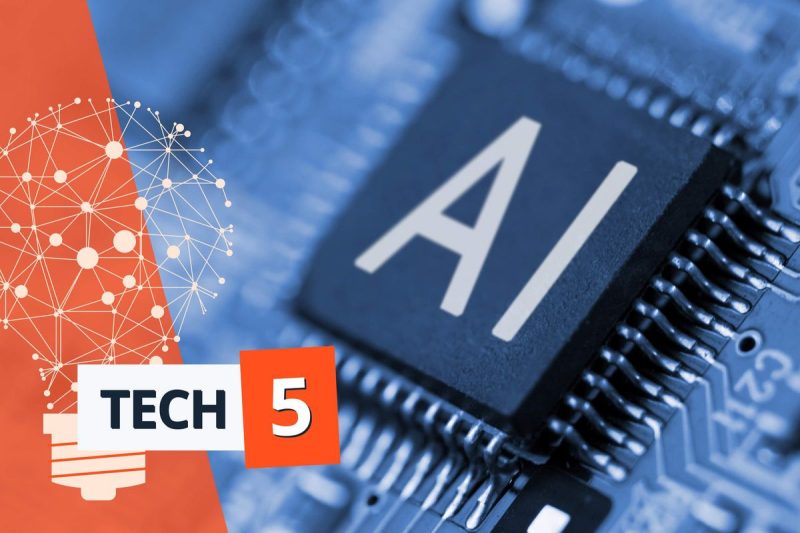
Tech 5 Update: OpenAI Unveils Groundbreaking ‘Reasoning’ AI Model, Google Faces Antitrust Battle in Court
OpenAI Releases Groundbreaking Reasoning AI Model; Google Faces Antitrust Case
OpenAI, a leading research lab renowned for its cutting-edge work in artificial intelligence, has recently unveiled a new groundbreaking reasoning AI model that promises to revolutionize the field. The model, known as ‘GPT-3,’ represents a significant advancement in natural language processing and demonstrates the power of machine learning algorithms in understanding and generating human language.
GPT-3 stands out from its predecessors due to its remarkable capabilities in reasoning and problem-solving. Unlike earlier models which were primarily focused on pattern recognition and language generation, GPT-3 has been designed with a focus on understanding context and making logical deductions. This makes it ideal for a wide range of applications, from chatbots and virtual assistants to content creation and data analysis.
One of the key strengths of GPT-3 lies in its ability to perform complex tasks that require reasoning and critical thinking. For example, the model can answer questions, solve puzzles, and even generate code based on natural language prompts. This represents a major breakthrough in AI research and paves the way for more intelligent and versatile systems in the future.
In addition to the release of GPT-3, the tech industry has also been abuzz with news of Google’s ongoing antitrust case. The search giant is currently facing allegations of anti-competitive behavior and monopolistic practices, with regulators arguing that Google has unfairly stifled competition in the digital market.
The case, which has been years in the making, could have far-reaching implications for Google and other tech giants. If found guilty, Google may be forced to make significant changes to its business practices, potentially opening up new opportunities for smaller companies and startups to compete on a level playing field.
Overall, the recent developments in the tech industry highlight the dual nature of innovation – on the one hand, we have the incredible advancements in AI technology that have the potential to reshape entire industries, and on the other, we have the complex legal challenges that arise as a result of these innovations. As we navigate this rapidly evolving landscape, it is essential for companies to strike a balance between pushing the boundaries of technology and adhering to ethical and legal standards.
